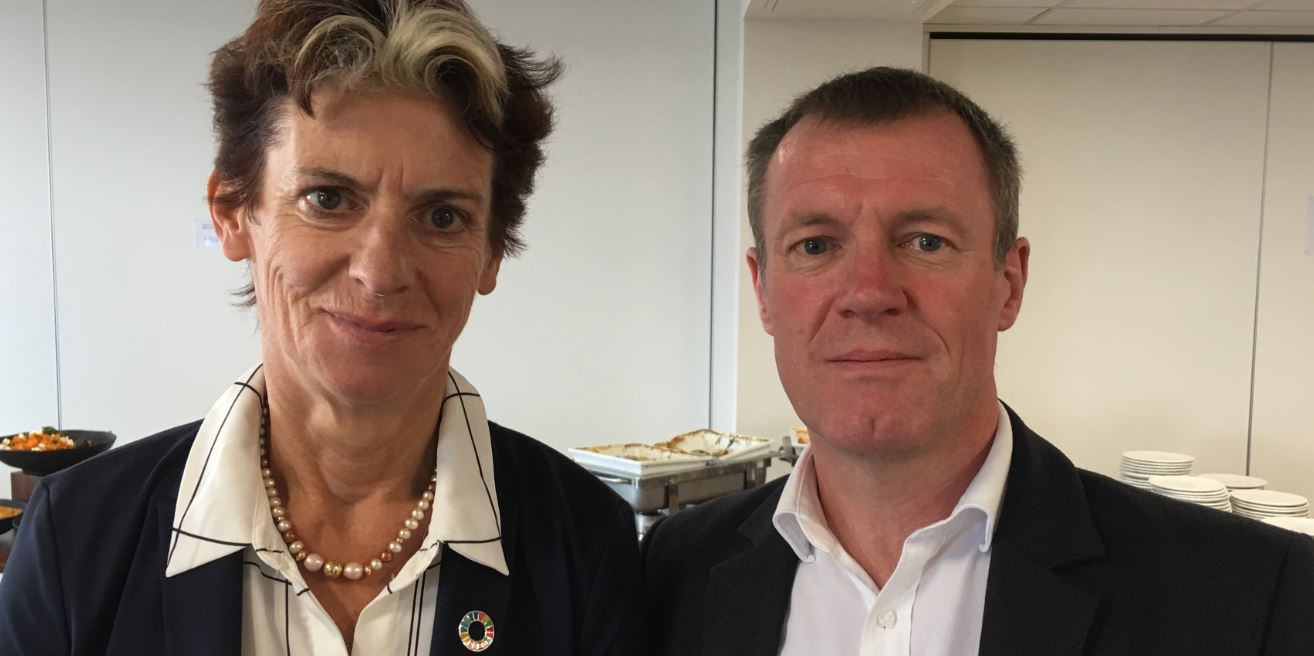Working On Sunshine
Last week saw the annual symposium at the Grantham Centre for Sustainable Futures (GCSF) at the University of Sheffield, featuring presentations from academics, research students and visiting speakers from outside the institution. The Centre is embarking on its fifth year of activity under the leadership of Professor Tony Ryan, physical chemist and regular science communicator on radio and television. GCSF is an ambitious and innovative collaboration between the University of Sheffield and the Grantham Foundation for the Protection of the Environment, undertaking research which creates knowledge and connects it to policy debates on how to build a fairer world and save natural resources for future generations. The Centre builds on the ground-breaking work of Project Sunshine at the University of Sheffield, working to harness the power of the sun to tackle what is arguably the biggest challenge facing the world today: meeting the increasing food and energy needs of the world’s population in the context of an uncertain climate and global environment change.

The Foundation was established by Sheffield graduate and world-renowned investment manager Jeremy Grantham and his wife Hanne and has supported parallel projects at other institutions in the UK and beyond. In a similar vein to the IFSTAL programme discussed in previous posts (see ‘It Really Is Rocket Science’ and others), the Centre delivers a wide-ranging training programme to their Scholars so they can learn how to turn academic ideas into evidence-based action on sustainability. They learn about academia, politics and business, and how they connect, and get to interact with policymakers and business leaders, organise events, and share their messages of sustainability with the public. A repeated theme of discussions at the symposium was the need to include social as well as natural science to help disseminate research work and make the case for its adoption.

Talks on the day were themed around the five UN Sustainable Development Goals which fit most closely with the Centre’s mission; SDG6 (Clean Water and Sanitation), SDG15 (Life on Land), SDG7 (Clean and Affordable Energy), SDG12 (Responsible Consumption and Production) and SDG2 (Zero Hunger), the last of which was covered by me. Some of the subject matter covered research being undertaken by PhD Scholars at the Centre on subjects as diverse as the recovery of heavy metals from sewage sludge and the habits of earthworms. With students from 27 nations working within the Centre, and an ethos of fostering inter-disciplinary understanding, there is a remarkable atmosphere – fortunately not related to the sewage sludge research…

The closing keynote of the event was delivered by Gerda Verburg, UN Assistant Secretary General, who has specific responsibility as Coordinator of the UN’s Scaling Up Nutrition Movement and is pictured below with me. Gerda’s presentation followed mine on the running order, which was a little nerve-wracking, but the fortuitous timing of a UN tele-conference spared some of my potential blushes. She was an inspiring and powerful speaker, bringing as she did ministerial experience from the Dutch government as well as diplomatic experience for the UN. It was, I think, quite a coup for the Grantham Centre, and a great experience – especially for the younger members of the audience.

The work done by the Grantham Centre is progressively more important as the challenges facing society and the environment continue to grow. The Centre’s Engagement Board is committed to advancing its work with policy-makers, industry, academia and the public and I look forward to playing my part in that work with great anticipation.